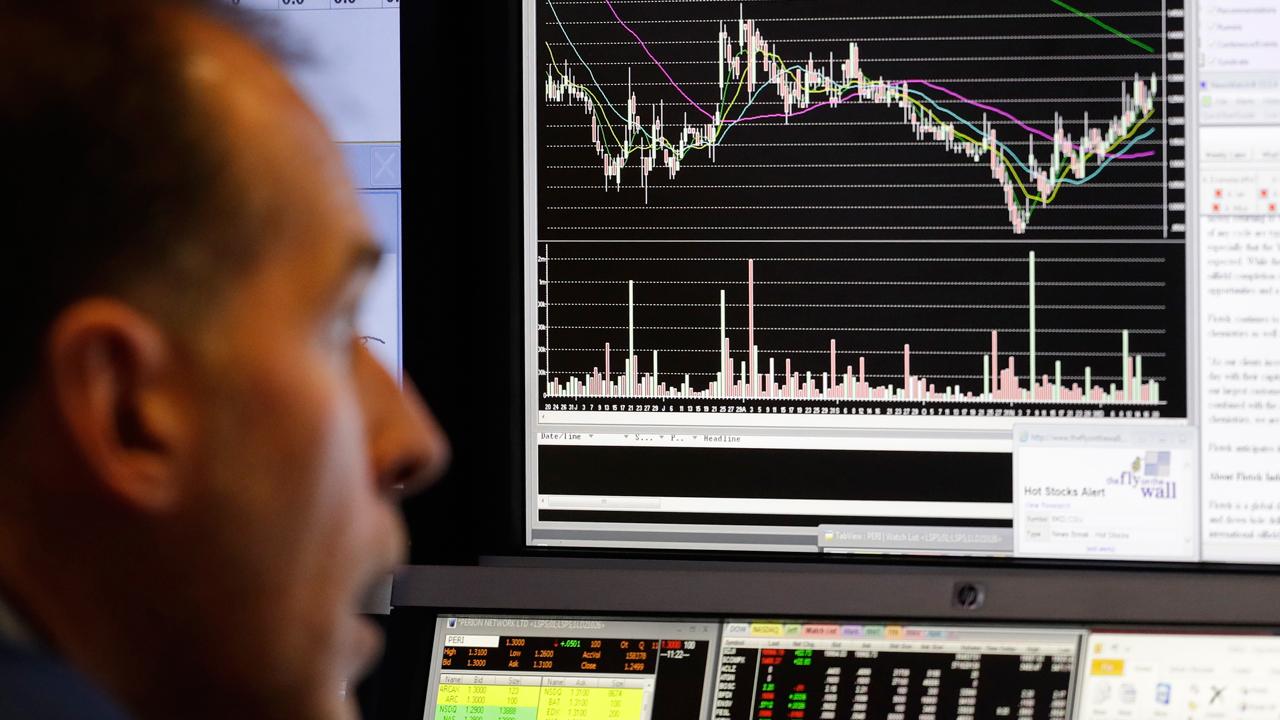Why gold stocks will go ‘ballistic’
For years, the Federal Reserve has kept rates artificially low in order to help the economy recover from the economic recession in 2008. But now the market is going to lift interest rates back to where they should be, Euro Pacific Capital CEO Peter Schiff said.
Although Fed officials dampened expectations of an interest rate hike in their January policy meeting, the benchmark 10-year Treasury yield has swiftly moved closer to the 3% mark, hitting a four-year high of 2.95%. The yield on the two-year Treasury note, which is more sensitive to Fed policy changes, has reached its highest level in nearly a decade. Yields rise as bond prices fall. The rising budget deficit, faster inflation and more Fed rate hikes have increased the risk of owning Treasuries.
Schiff predicted that rates are going to go a lot higher over the course of the next decade.
“And they should be a lot higher, because we have record debt, record budget deficits coming, record trade deficits, a 10-year low in our savings rate,” he told FOX Business’ Liz Claman during an interview on Thursday. “We have to borrow tremendous amounts of money, and the world is not going to lend it to us at these ridiculously low interest rates. So rates are going to normalize quickly.”
The Fed, under the helm of chairman Jerome Powell, has indicated that it will raise rates three times in 2018. But recent signs of inflation growth have raised the odds that a fourth increase is possible, driving concerns on Wall Street that wages are heating up faster than Fed policymakers anticipated.
Schiff’s market concerns were further buoyed by President Trump’s tax overhaul that was signed into law in late December. Although the plan cut nearly $1.5 trillion in taxes, it sought no way to balance the budget.
“Trump is wrong,” said Schiff, who voted for the Republican. “You don’t stimulate the economy by cutting taxes. You stimulate it by shrinking government.”
Now, the economist is urging investors to take their money out of the U.S. markets and the U.S. dollar, which he said will likely be used by the Fed to prop up the economy in the impending future. Instead, he’s buying into foreign stocks, commodity stocks and gold stocks.
“There are a lot of places you can go. There are other countries that are not as reckless, not as irresponsible, that have fewer regulations, lower taxes, trade surpluses,” he said. “You got to get into some gold stocks. Gold is going to go ballistic when the markets figure out what I already know.”




















